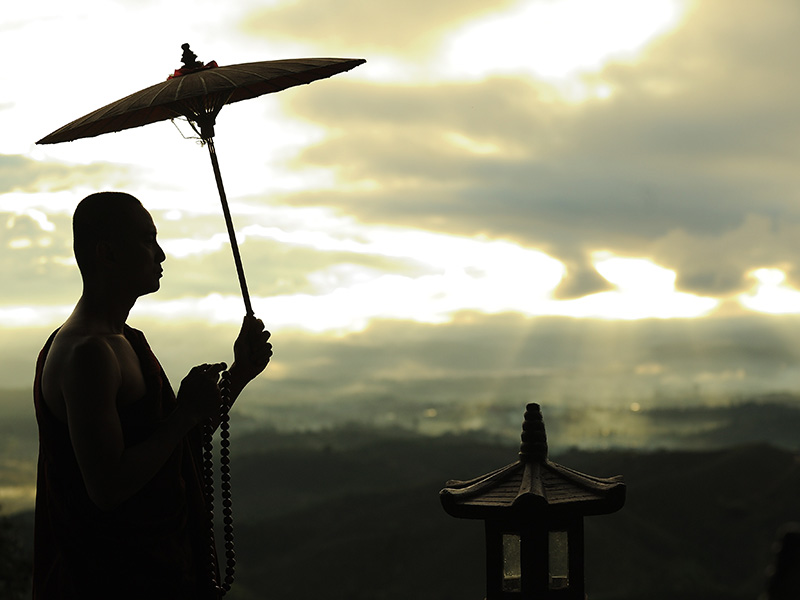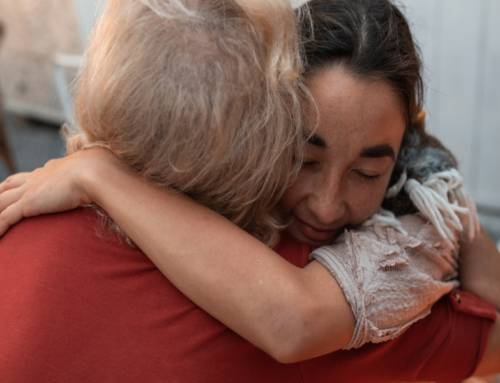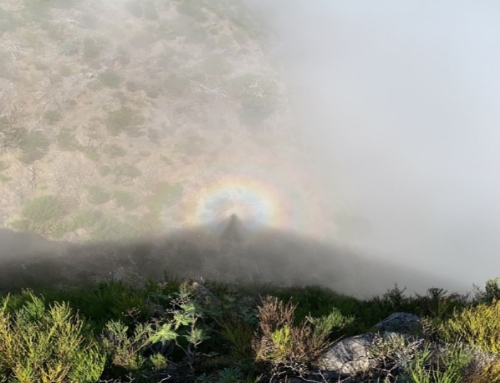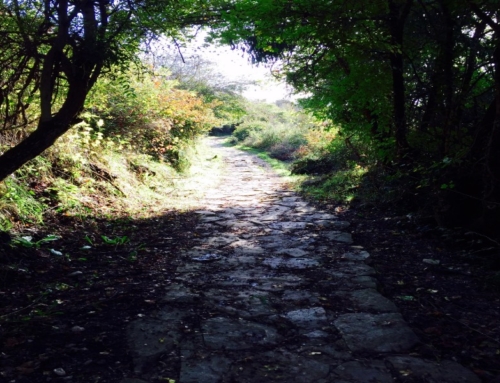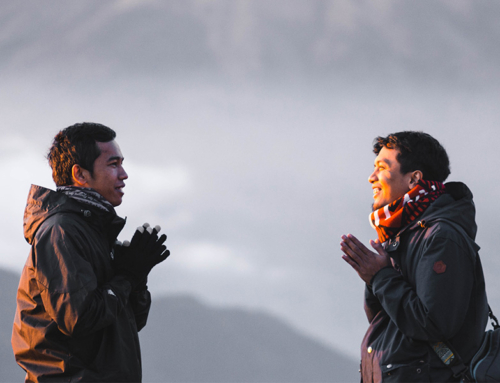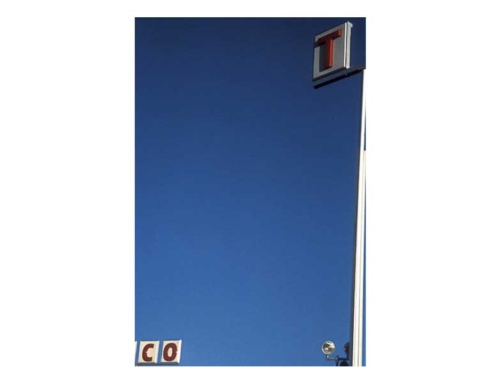This past year’s best feature is certainly that it’s past, gone, but not forgotten by most of us.
Indeed so much suffering by so many cannot be brushed aside in a single swipe. But as 2021 comes along and feels much like a continuation of the pain we have inflicted on our planet and ourselves are we in for the same predicament we have just been served in 2020?
My father, who received more than his fair share of trauma throughout his (long and actually generally happy) life, insisted on « ne pas s’en faire quoi qu’il arrive » (“whatever happens, do not worry”), and practiced it with unbelievable nonchalance. I have made mine his motto and start my day with it now he has passed.
The 13th Century Persian Poet Rumi put it more eloquently: « This too shall pass ». Rumi goes further of course: when you choose this posture, you will rejoice when things go well, in the full knowledge this will not last forever and equally not be aggrieved when they don’t, as you know this will soon change too.
“This too shall pass”– Rumi, 13th Persian Poet
However brutal the shock, the idea is to park our fear – the primal survival brain reaction to perceived danger to our existence. As Mark Rylance says to Tom Hanks in the fantastic film Bridge of Spies, when Hanks asks him if he is scared of being handed back to his KGB superiors to a certain death as double agent: « Would it help? ».
I don’t know about you but many of my life experiences, however wonderful or painful blur into one mass: hard to tell if that trip to the Maldives was in 1992 or 1995?
Not true of the big shocks we experience: most of us can readily describe where we were when we heard of 9/11.
I believe the 2020 pandemic will make it to that short list of large shocks we will keep with us for ever. This presents an opportunity for a teachable moment: what happened ? What changed ? What is the learning ? What durable action can we take from there?
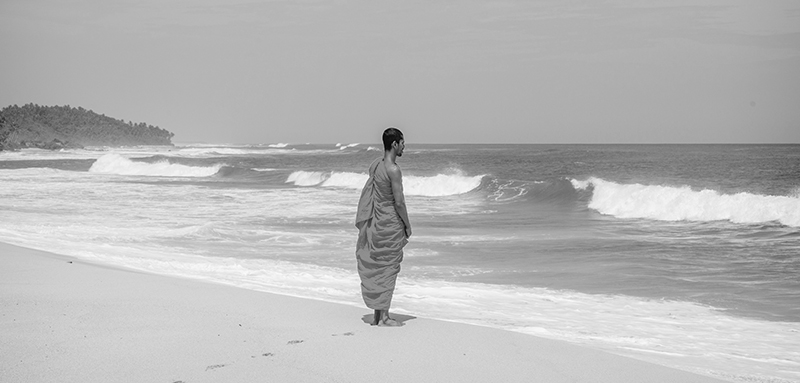
First, we had to overcome the surprise : this was never going to happen to us who grew up ignorant of war or any life threatening economic hardship. But it did and with it we had to process our many losses: freedom, social contacts, jobs, travels, loved ones sometimes.
We found that it’s only by losing something that one can properly ascribe it a value. Having taken our freedom for granted and with so much of our lives migrating so quickly online, we came to realize how much Social Media has been triggering us into FOMO. The narratives people weave for others to see online, trigger us into feeling we are missing something, that what we have is not enough.
Perhaps the greatest value of this crisis will have been to awaken us to the wealth we have already: our loved ones, our friends, our basic freedom of choice that can’t be taken away.
That journey of self discovery showed us we’re not changed, just more in touch with our essence. Just like retirement homes residents show their true colors as social barriers break down with age, we showed ourselves better friends and neighbors or not, anyway clearer about who we really are.
We learnt, or were reminded, that little things count. Much like water seeps under a foundation for years until the building finally crumbles to the dismay of all, this pandemic was made possible by patient undermining by the incessant growth at any cost mindset of our human society.
Against the chaos induced by laissez faire attitudes we can oppose a clear vision for our future, a belief that societies are made of individuals, each and everyone capable of action. We can oppose a personal action plan executed with care through habits transcended into rituals. This is what good coaching can bring to the world, one person at a time.
So what are these actions that will make a difference to our lives and as a result to our society?
First of all, adapt ourselves to this new environment: people routinely underestimate the human resilience and capacity to adapt. It may feel painful and tiring but humankind has risen to many seemingly insurmountable challenges : whoever thought we’d have a COVID vaccine by now, much less 4?
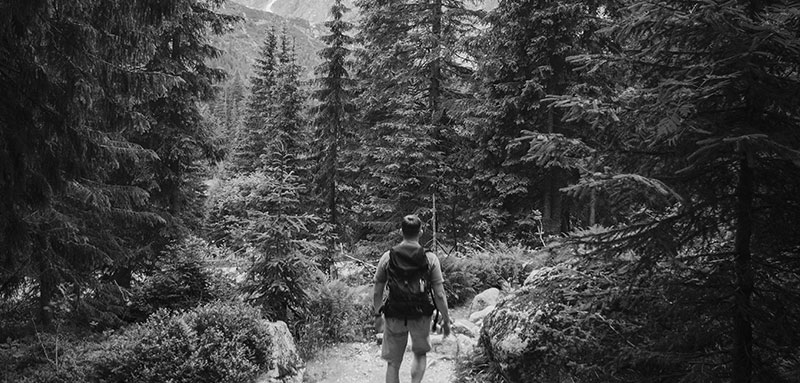
Second, slow down to speed up. As my DIY enthusiast Dad used to tell me: measure twice, cut once. Thinking before action, choosing our goals carefully, preparing and training before doing – learning takes time, period. The silver lining of course is that as we choose, we make time for things to happen. No more of the tired excuses : « I don’t have time, I’ll do it when I have the time, When I retire, I’ll… ». These are all expressions of our inner saboteurs, our inner limbic brain at work protecting us from risk, any risk. The operative word here is choose.
By choice I mean the resonant commitment to one versus another or many others, not the typical resolution (think New Year’s gym memberships) which Stanford University research has found to be abandoned for 80% of cases within only 3 weeks of making them!
Choosing lets us enjoy more of the lesser number of things we do. I was once told by a renowned wine maker that French Grands Crus wines represent 3% of world wine production yet 30% of value. I wager that savoring one glass of a great Grand Cru is more enjoyable than gulping down the maybe 10 glasses of plonk one could obtain for the same price ?! It’s all about setting priorities in a conscious, thoughtful manner.
This points to the value of financial freedom. The accepted – and much used – truism is that money does not bring happiness. Conversely, who does not suffer when lacking resources ? Setting priorities in a conscious, thoughtful manner and planning for financial independence is a struggle for most. Coaching can help with that too.
As we continue to be locked down into various versions of our governments plans to protect us against ourselves, there is no excuse to not work on becoming who we want to be.
In the Buddhist way, good and bad meet as one of the same thing: the hidden value of all the suffering we are now experiencing is there for the taking once fear is overcome and a choice is made: will you do it ?
If you decide that yes, you want that resonant commitment, I commit to help you, if you so desire, and whatever your financial circumstances.
